UNRAVELING FREEDOM
 The Battle for Democracy on the Home Front During World War I
The Battle for Democracy on the Home Front During World War I
ANN BAUSUM

For Kedron
Text copyright 2010 Ann Bausum
All rights reserved.
Reproduction of the whole or any part of the contents without written permission from the National Geographic Society is prohibited.
PUBLISHED BY THE NATIONAL GEOGRAPHIC SOCIETY
John M. Fahey, Jr., President and Chief Executive Officer
Gilbert M. Grosvenor, Chairman of the Board
Tim T. Kelly, President, Global Media Group
John Q. Griffin, Executive Vice President; President, Publishing Nina D. Hoffman, Executive Vice President; President, Book Publishing Group
Melina Gerosa Bellows, Executive Vice President, Childrens Publishing
PREPARED BY THE BOOK DIVISION
Nancy Laties Feresten, Vice President, Editor in Chief, Childrens Books
Jonathan Halling, Design Director, Childrens Publishing
Jennifer Emmett, Executive Editor, Reference and Solo, Childrens Books
Carl Mehler, Director of Maps
R. Gary Colbert, Production Director
Jennifer A. Thornton, Managing Editor
STAFF FOR THIS BOOK
Jennifer Emmett, Editor
Jim Hiscott, Art Director
Lori Epstein, Illustrations Editor
Marty Ittner, Designer
Kate Olesin, Editorial Assistant
Grace Hill, Associate Managing Editor
Lewis R. Bassford, Production Manager
Susan Borke, Legal and Business Affairs
MANUFACTURING AND QUALITY MANAGEMENT
Christopher A. Liedel, Chief Financial Officer
Phillip L. Schlosser, Vice President
Chris Brown, Technical Director
Nicole Elliott, Manager
Rachel Faulise, Manager
A NOTE ON THE DESIGN
The design inspiration for Unraveling Freedom is drawn from the propaganda posters of World War I. Youll see examples of these bold, graphic pieces on ) are silhouetted with a special digital technique that pulls the subject of the photograph forward in the frame, while the background is tinted with a color. The colored diagonal design elements, and the frequent angling of the images contribute to a sense of disruption, of things being off balance. This feeling echoes the turbulent sentiment of the times, brought on by the first global war and the erosion of liberties on the home front.
Echoes of history. The September 11, 2001 terrorist attacks on the United States (closing endpapers, headline news) prompted the nations entry into wars in Iraq and Afghanistan; almost a century earlier, the sinking of the Lusitania helped propel the United States toward combat during World War I. The New York Times coverage of the 1915 maritime disaster (opening endpapers) reproduced a German warning of possible attacks (lower right, headlined NOTICE!).
The graphic foreword by Ted Rall, President of the Association of American Editorial Cartoonists, evokes the era of political cartooning that flourished during World War I.
Library of Congress Cataloging-in-Publication Data
Bausum, Ann.
Unraveling freedom: the battle for democracy on the home front during World War I / by Ann Bausum.
p. cm.
Includes bibliographical references and index.
ISBN: 978-1-4263-0728-7
1. United StatesPolitics and government1913-1921Juvenile literature. 2. World War, 1914-1918Social aspectsUnited StatesJuvenile literature. 3. German AmericansSocial conditions20th centuryJuvenile literature. I. Title.
E780.B38 2010
940.373dc22
2010010631
CONTENTS
FOREWORD
BY TED RALL


Ted Rall is President of the Association of American Editorial Cartoonists. Visit him online at: http://www.rall.com/

Wilson at war. It would be the irony of fate if my administration had to deal chiefly with foreign affairs, observed Woodrow Wilson before his inauguration as President of the United States. The outbreak of war in Europe a year later assured just that.
We shall fight for the things which we have always carried nearest to our hearts [until we] make the world itself at last free.
WOODROW WILSON, CONCLUDING REMARKS FROM HIS WAR MESSAGE TO CONGRESS, APRIL 2, 1917
INTRODUCTION
IN THE SPRING OF 1917, as the United States prepared to declare war on Germany and enter the fight that would become known as World War I, perhaps as many as a quarter of all Americans had either been born in Germany or had descended from Germans. My grandfather was one of them. But Frederic William Bausum and his family could be considered some of the lucky German-Americans on the eve of war. They spoke English and had no divided loyalty to an old-world country. They had grown up in the United States, married across ethnic lines, homesteaded on the Western plains, and embraced the customs and beliefs of the country. They had, in short, become Americanized.
Thousands of other German-Americans were less fortunate. Almost overnight, the language they spoke by birth, the relatives they retained ties to from their past, the books they read, the schools they attended, even the food and drink they found most familiar and enjoyable, all became associated with the enemy: Germany.
Immigrants and descendants from other places bore ties to competing nations, too, from Great Britain to France to Italy to Russia. U.S. residents who shared backgrounds and beliefs with these countries found themselves taking sides in the conflict at home even as President Woodrow Wilson tried to steer the United States away from joining the conflict abroad. Finally, on April 2, 1917, the President addressed Congress and made a dramatic appeal for the nation to enter the fight. In words that continue to be quoted for their eloquence and passion, Wilson asserted that the world must be made safe for democracy.
Yet, in one of the greatest ironies of 20th century U.S. history, the President so committed to securing democracy and freedom abroad failed to prevent the unraveling of freedom in his own country. Even as millions of Americans put on military uniforms and as the nation expended billions of dollars to fund the fight, freedom came under siege in the United States.

Dogs in the fight. Even though the United States remained neutral after fighting broke out in Europe in 1914, Americans followed the conflict between the continents leading nations with concern. Dogs became symbols for competing countries, with dachshunds representing Germany. The American bull terrier personified a confident and fearless stand by the United States.
New laws tested the rights of individuals to question and criticize the government. Leaders who spoke from the edges of the political spectrum found themselves ridiculed, harassed, even jailed. A government-sponsored propaganda effort built public support for the war by fanning anti-immigrant feelings within the nation. At a time when Americans fought abroad in the name of freedom and democracy, Americans at home burned German-language books, put German-language newspapers out of business, condemned German foods and drinks, and spied on fellow citizens, especially those with ancestral ties to Germany.

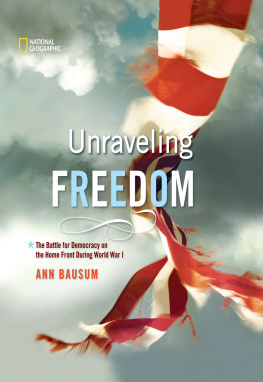

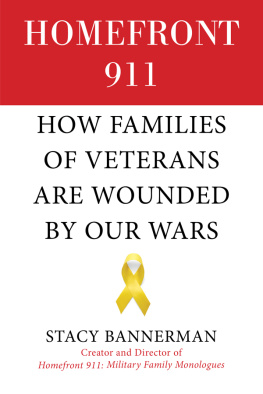
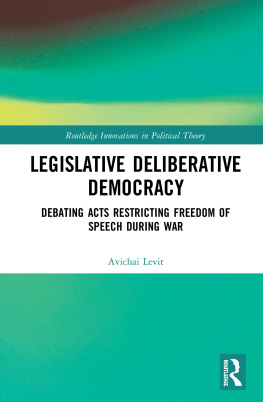
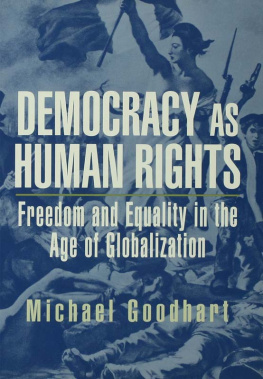
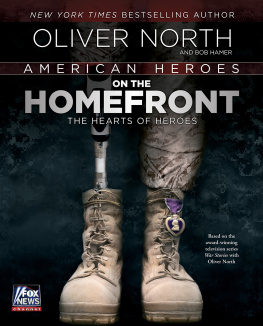
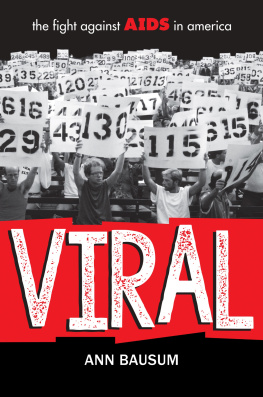

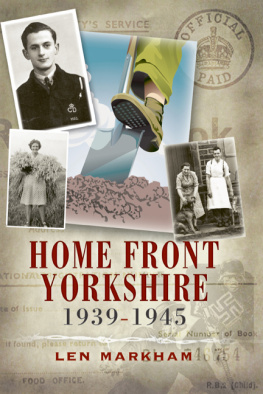
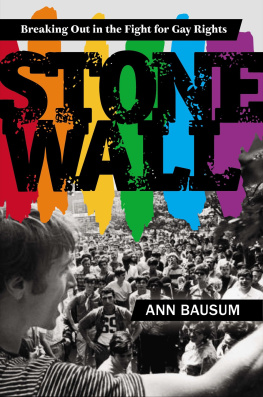
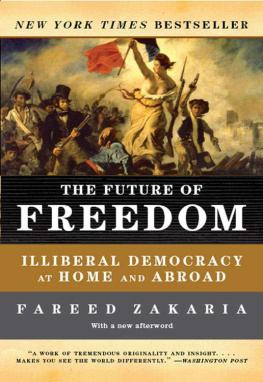

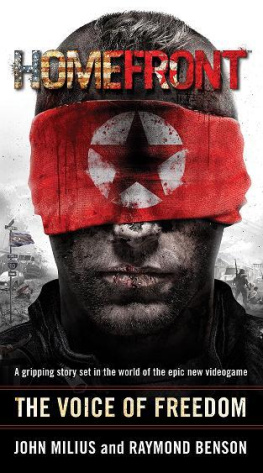

 The Battle for Democracy on the Home Front During World War I
The Battle for Democracy on the Home Front During World War I



